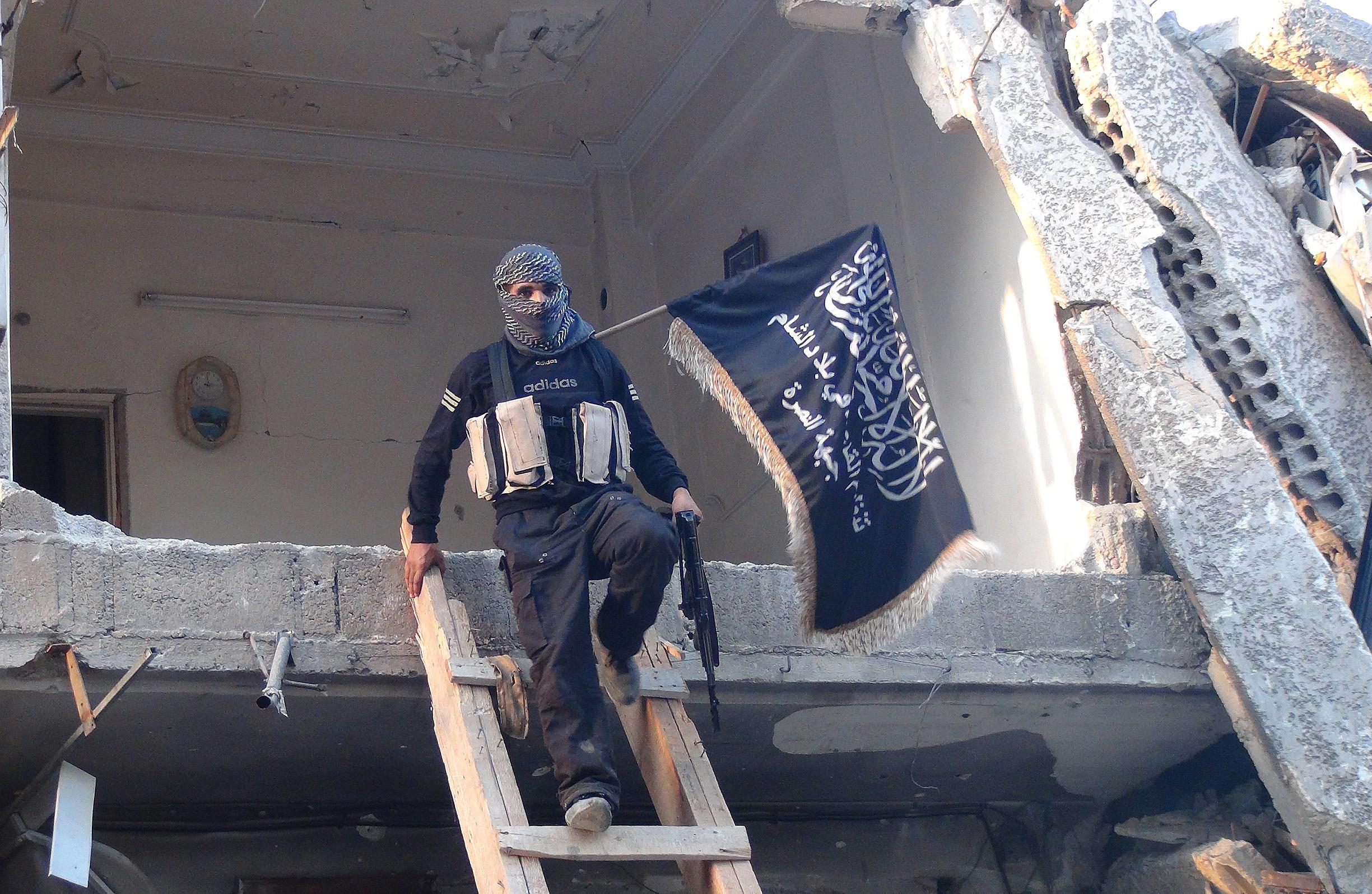There were 664 lethal jihadist terrorist attacks resulting in 5,042 deaths this November. That’s according to a report released today by the International Centre for the Study of Radicalisation and Political Violence at King’s College London, in conjunction with the BBC.
Confirming the findings of other surveys, the report found that the vast majority of attacks take place in just a handful countries—namely Iraq, Nigeria, Afghanistan, Syria, Yemen, Somalia, and Pakistan. A little more than half the victims are civilians. The vast majority of those civilians are Muslims.
The report doesn’t provide much context regarding whether November was an unusual month—the choice was “determined by convenience and BBC scheduling.” Rather, it aims to provide a “global snapshot” of the current level of jihadist activity.
Just as terrorism is concentrated in a few countries, a very small number of groups are responsible for the vast majority of these deaths. Only 17 groups out of the 50 the authors were monitoring had any activity during this period, and just eight of them carried out 97 percent of the attacks.
One of the report’s key findings is that, as the report’s author, Peter Neumann of ICSR, puts it, “al-Qaida and jihadism are no longer synonymous (if they ever were).” Attacks by the two deadliest groups during this period, ISIS and Nigeria’s Boko Haram, accounted for 44 and 16 percent of all deaths respectively. This means that 60 percent of the deaths (and 51 percent of the attacks) were the work of groups with no formal ties to al-Qaida. Neumann writes, “They represent a new breed of jihadist groups which thrive on religious and sectarian fault lines, are state builders, and seem to have fewer restraints in using excessive forms of violence.”
The Taliban, allied with al-Qaida but separate from it, was third on the list. Al-Qaida’s affiliates aren’t out of the picture entirely—al-Qaida in the Arabian Peninsula, al-Shabaab, and Jabhat al-Nusra accounted for a fifth of the deaths—but they don’t have the central role in international terrorism that they once did.
This ought to be another indication that a 13-year-old document aimed at punishing the perpetrators of 9/11 is no longer the best framework for America’s global counterterrorism efforts. Back in 2001, it made sense to think of al-Qaida as the central hub of global terrorism. That’s not the case in 2014.
